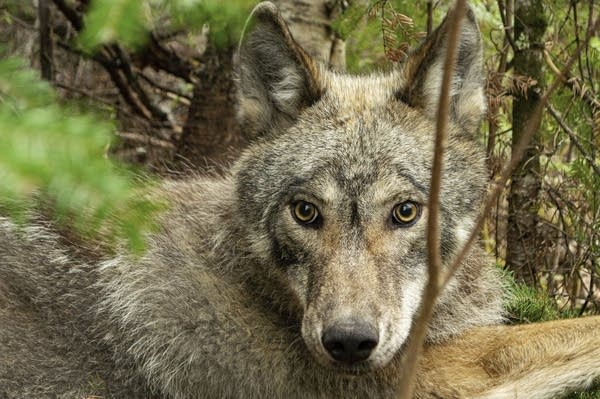Wisconsin DNR defies board, reduces fall wolf quota

This May 2020 photo provided by the Voyageurs Wolf Project shows a gray wolf during efforts to fit a GPS-collar, just south of Voyageurs National Park, Minn. Wisconsin Department of Natural Resources officials have scaled back the number of wolves hunters can kill during the state's fall season in defiance of the board that controls the agency.
Tom Gable | Voyageurs Wolf Project via AP
Go Deeper.
Create an account or log in to save stories.
Like this?
Thanks for liking this story! We have added it to a list of your favorite stories.


